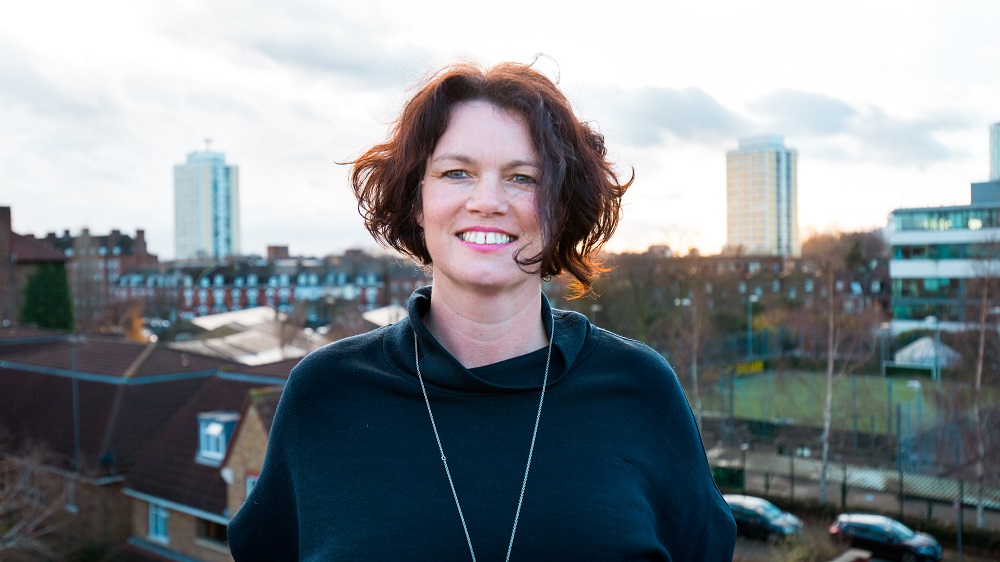



Our meeting with Jo Churchill, Cancer Minister for England
We met with Jo Churchill, the minister with responsibility for cancer in England, about the impact of the pandemic on pancreatic cancer.
As a result of the No Time To Wait campaign, this week we, at Pancreatic Cancer UK, had a great meeting with Jo Churchill, the minister with responsibility for cancer care in England. We talked about the impact of the pandemic on pancreatic cancer, as well as what needs to be done to improve survival rates for pancreatic cancer over the coming years.
Our discussion boiled down to four key areas which we’re convinced could make a huge difference for those diagnosed, living with and affected by the disease:
- Reviewing the impact of Covid-19 on pancreatic cancer treatment and care. The Minister asked that we share with her regional and national data we have that identifies where pancreatic cancer treatment and care has been most impacted during, or as a result of, the pandemic. This is especially important because while we know the NHS has worked exceptionally hard to manage Covid-19, it is clear that vital services for people with pancreatic cancer in some parts of the country have been under significant pressure. We really do need to build back better to prevent any treatment backlogs from increasing.
- Getting better data on people diagnosed with pancreatic cancer, during each step of their journey from diagnosis, through to treatment and aftercare or palliative care. Currently, the data we do have is presented in larger cancer groups: pancreatic cancer is mixed in with other cancers under the heading of ‘upper gastrointestinal cancers’. This means that people with pancreatic cancer often get lost in the wider data pool, and we don’t have the detail we need to understand where the problems are or what needs to change. If we can separate out pancreatic cancer from the other cancers, we can get the information need and then, crucially, act on it.
- Driving up symptoms awareness for pancreatic cancer to ensure more people get that vital early diagnosis and life-saving treatment. Pancreatic cancer has vague symptoms which can be easily attributed to other causes, which makes it even more important that people understand that their symptoms could be a symptom of cancer and take that first step in talking to their GP. It’s especially important that when they do have that conversation that clear and plain language, free of euphemism, is used to discuss what’s going on – so that everyone is on the same page, and any worrying symptoms can be identified and acted on as quickly as possible.
- Improving treatment for people with pancreatic cancer so that we can ensure everyone, wherever they live, gets the gold standard of care and has the best chance at survival. Right now, there’s far too much variation in people’s experience of treatment and care – it depends on too many factors, like where you’re diagnosed and the stage you’re diagnosed at. We’ll be working hard over the coming years to pull together an optimal care pathway which combines best practice across the country into one template for care – to make clear exactly what should happen when someone has suspected pancreatic cancer.
We really appreciated the chance to discuss the deadliest common cancer with a minister who is so clearly passionate about her brief, and who is keen to make real, lasting change for people with pancreatic cancer. We’re also enormously grateful to Bryony Thomas, who is living with pancreatic cancer, for coming along to the meeting and so eloquently sharing her experience of the disease so far, in order to help showcase just how important optimal care is for the quickest killing cancer.
We’re looking forward to working with the minister and NHS England over the coming years to tackle data, symptoms awareness, and treatment in order to ensure that the awful odds for pancreatic cancer survival become a thing of the past.

